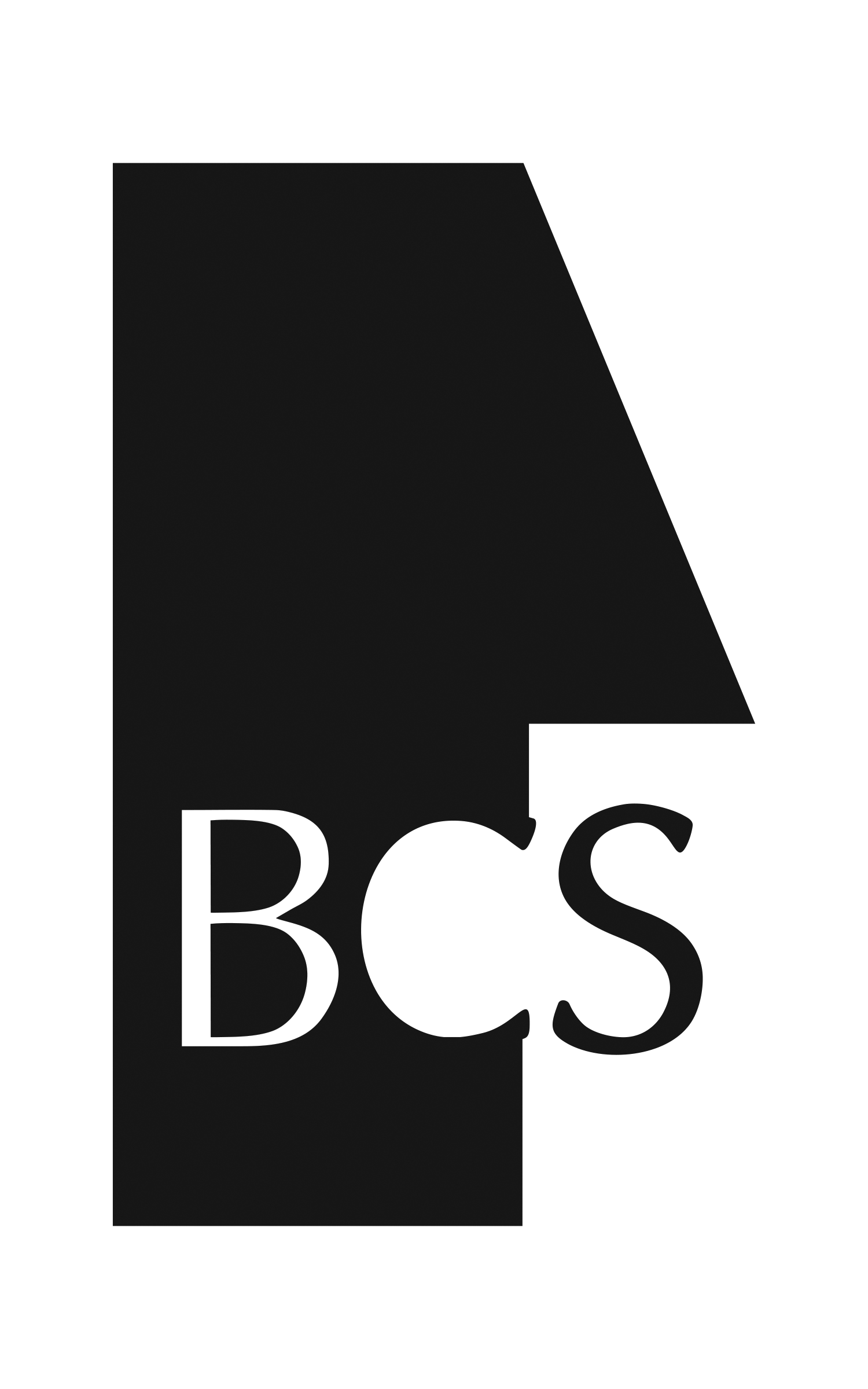BCS Connections and Reflections no. 18: Board member, soprano, and Connections & Reflections coordinator Claire Tafoya reflects on learning German with Greg Geehern, and what she’s learned about singing.
Thank you to all who have contributed so far. We truly enjoy and encourage you to share.
Differences Between Singing and Horn Playing
Dear friends, singers, patrons, and alums:
It has been a wonderful experience to coordinate the C&R series. I have truly enjoyed reading and savoring our writers’ contributions and sharing them with you.
My first BCS concert in the fall of 2016 was directed by assistant conductor Greg Geehern; behind the scenes, Gerry Sousa was busy preparing the collaborative holiday concert to follow. Having come from a Catholic church choir, I had sung only English and Latin text, and was initially overwhelmed by the steep learning curve of the 100-percent German program of Brahms, Schubert, and Mendelssohn. Thankfully, Greg had uploaded and shared sound files with his crystal-clear pronunciation of all the text, and I was able to catch up, thanks to unlimited access to Greg’s voice. My church friends and I went on a fall road trip one weekend to hear a live concert in Michigan; I spent most of the way to and fro in the back seat wearing headphones, buried in the score with Greg’s voice in my ear. Every moment of study was worth it: well-prepared by Greg and side-by-side with new BCS friends, we immersed ourselves in beautiful music.
I came to BCS with church-choir experience and a few voice lessons under my belt. Having trained and worked as a professional orchestral horn player, I thought singing in BCS would be a breeze. No instrument to haul around! Just open your mouth and the sound comes out! I learned to my surprise that there are some differences between orchestral horn playing and choral singing. Here are a few …
Singers relax their mouths. To buzz into a brass instrument mouthpiece, the muscles form an “O” around the lips and tighten like a drawstring. Then we buzz into the mouthpiece with the perfect balance of tension and relaxation to produce a beautiful tone on our instrument. Relaxing my lips is the hardest thing to learn. If it looks like I’m shouting, this is why. See the photo above for proof of the struggle.
Singers have to learn words. It is wonderful to give expression and meaning to the music through the words, but OH! How hard it is for an instrumentalist to remember what word comes next. (Is it "O Love" or "O Joy"? "Lord" or "God"?) We brass players can take deep breaths; we can memorize rhythm and melody as quick as you please; but the words fly right out of my head, infuriatingly, time after time.
Singers need upper respiratory health, whereas instrumentalists are still able to perform with laryngitis and sore throats. I have performed Broadway shows (on horn) with a throat lozenge perched in my mouth—this is tricky and not recommended.
During the pandemic I have wrestled with feeling low, as many of us have, and winter is yet to come. I treasure my colleagues on the BCS Board and look forward to the work we do together; it helps keep the pandemic blues at bay. I also look forward to sharing BCS’s recently recorded virtual-choir piece and resuming work on Considering Matthew Shepard. Thank you to our audience for your patience and for staying with us. We plan to have a virtual-choir video for you in November, and I can’t wait to share it.
Musical Offering
Franz Schubert’s Ständchen for solo contralto and SSAA choir was on Greg’s 2016 fall concert. Unfortunately, BCS didn’t record that performance, so I submit for your enjoyment a similar arrangement, recommended by Greg G. himself:


